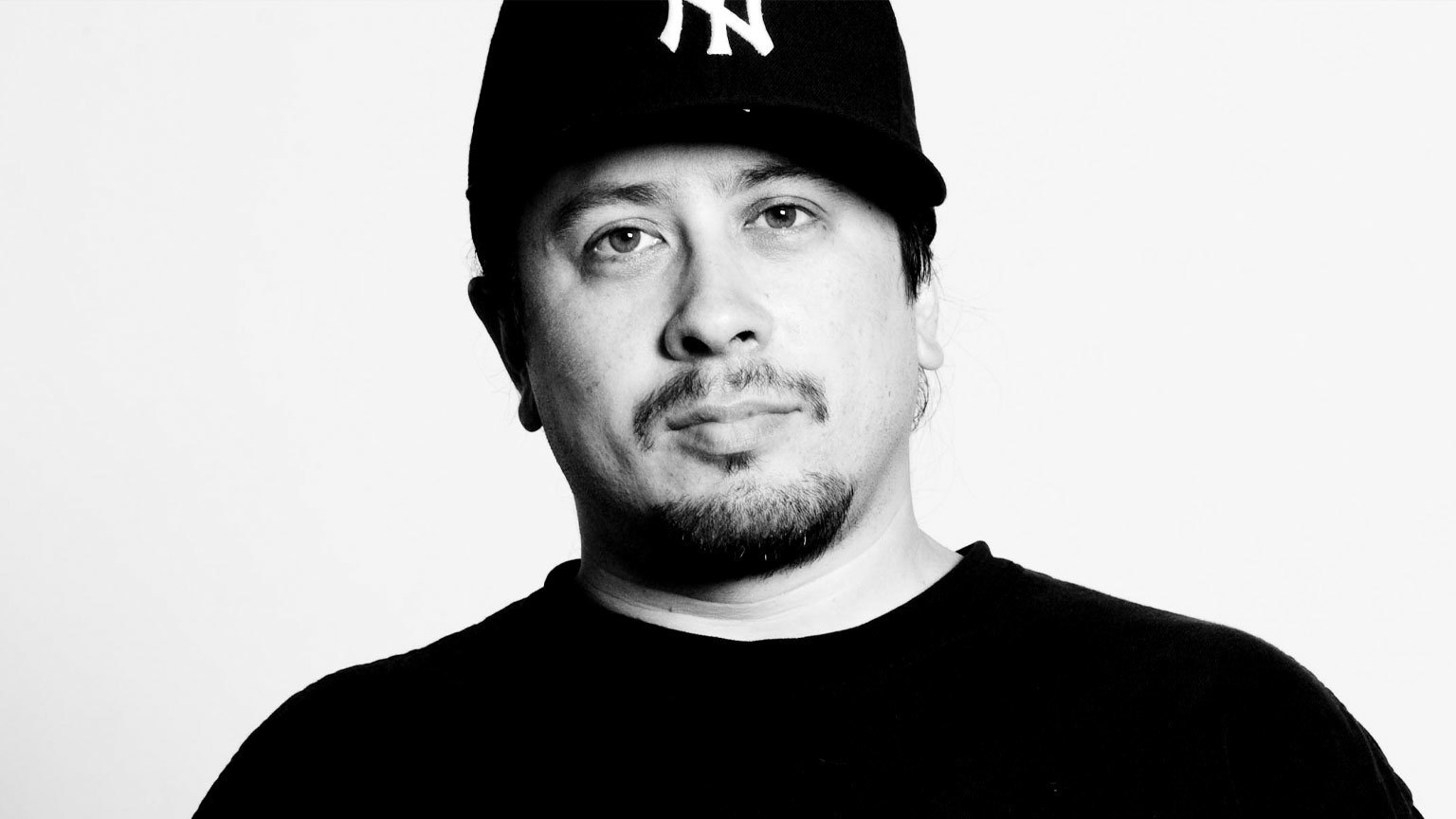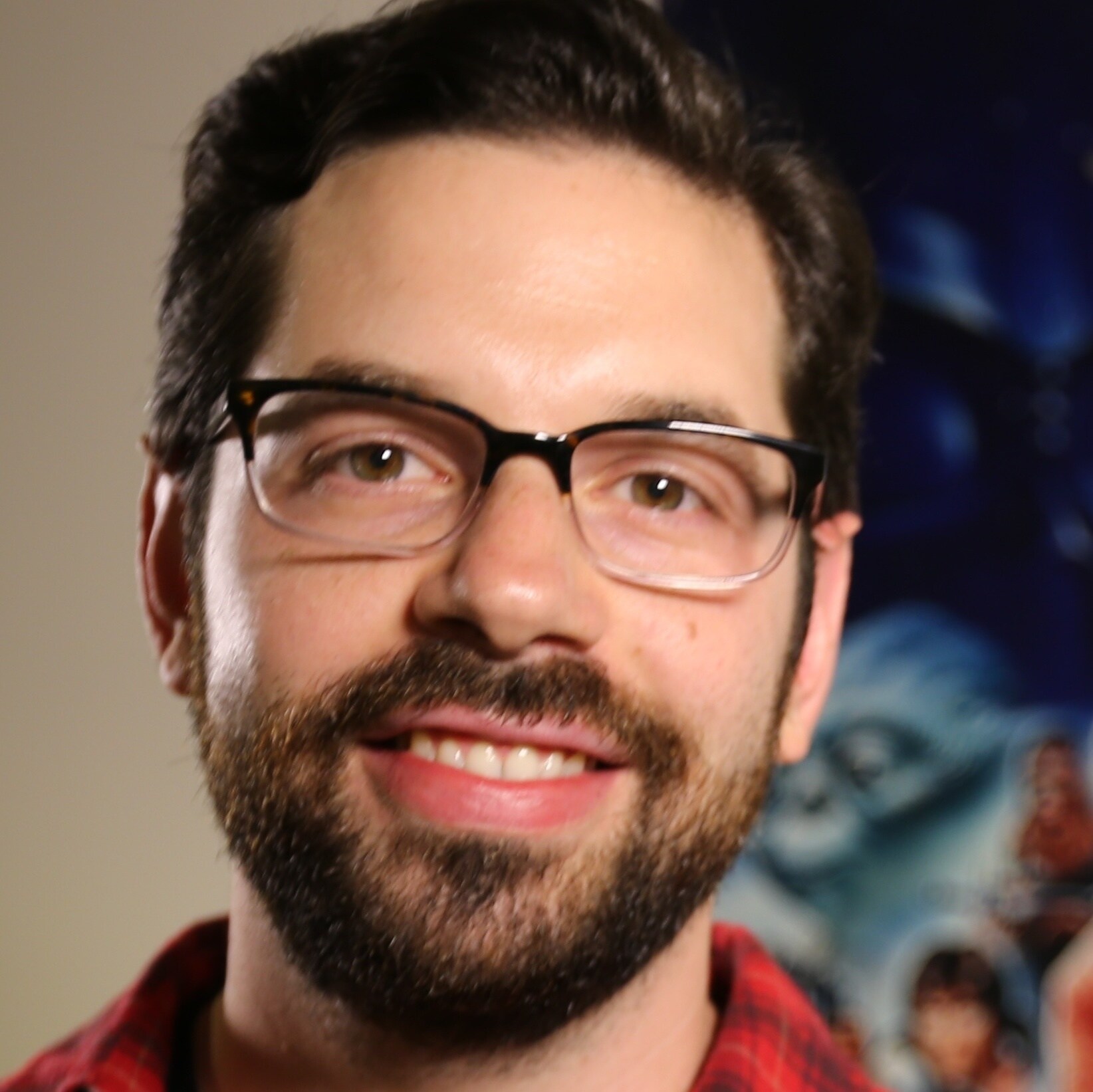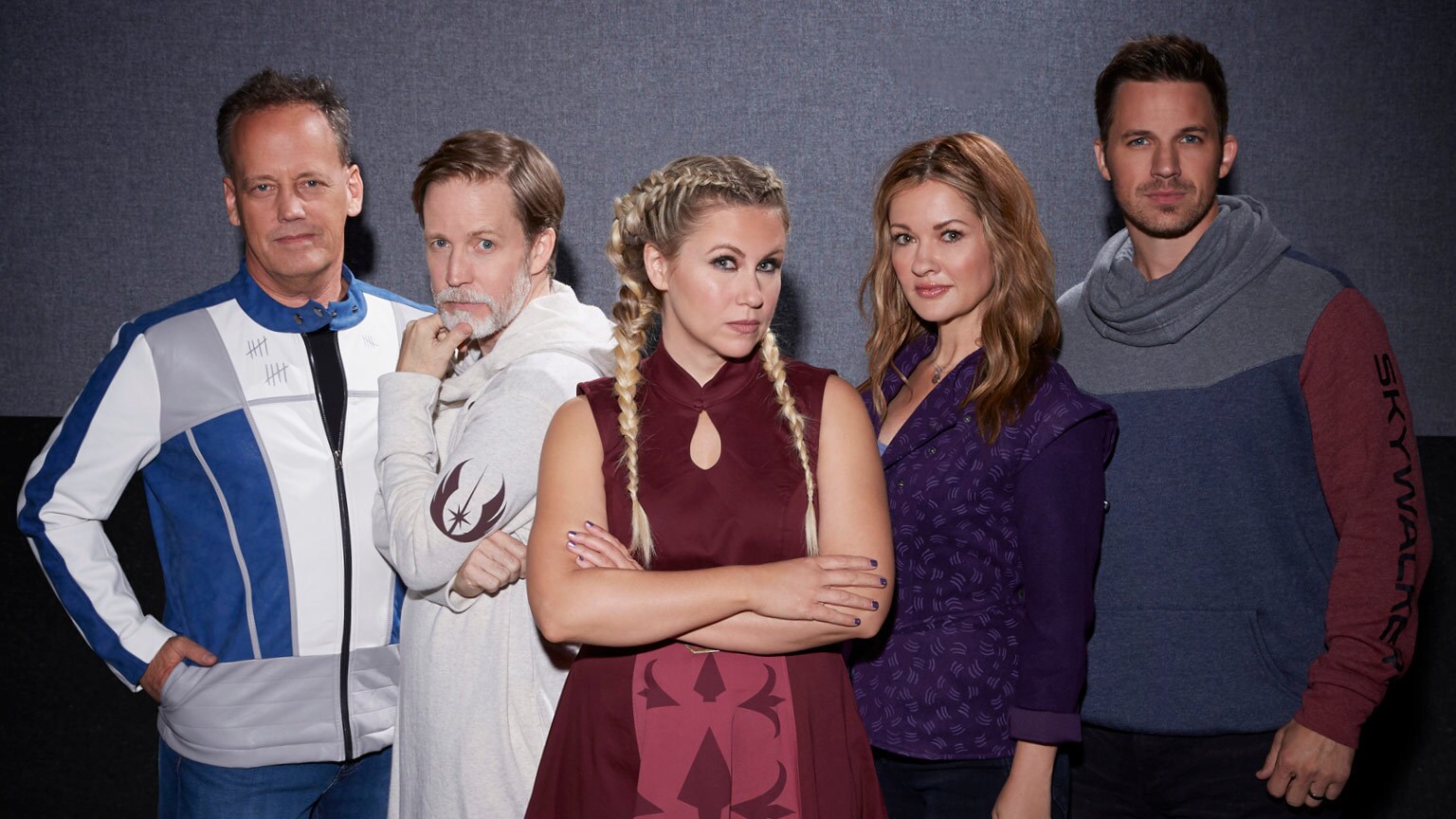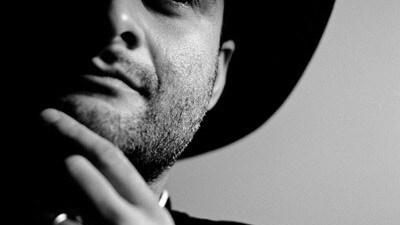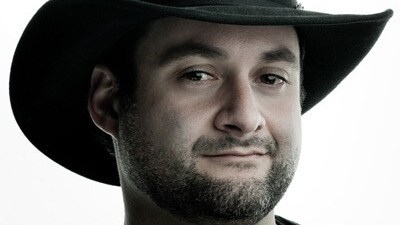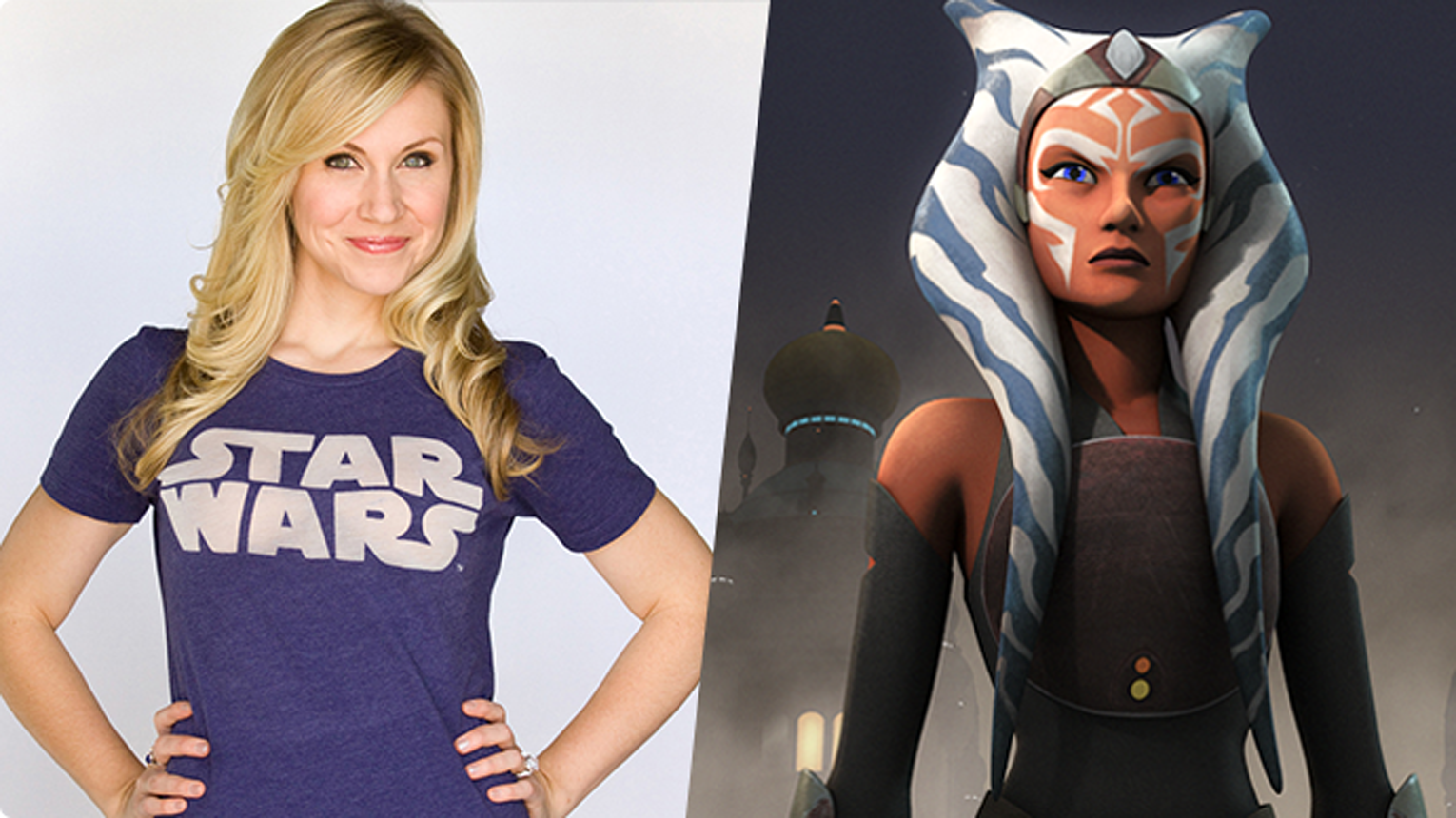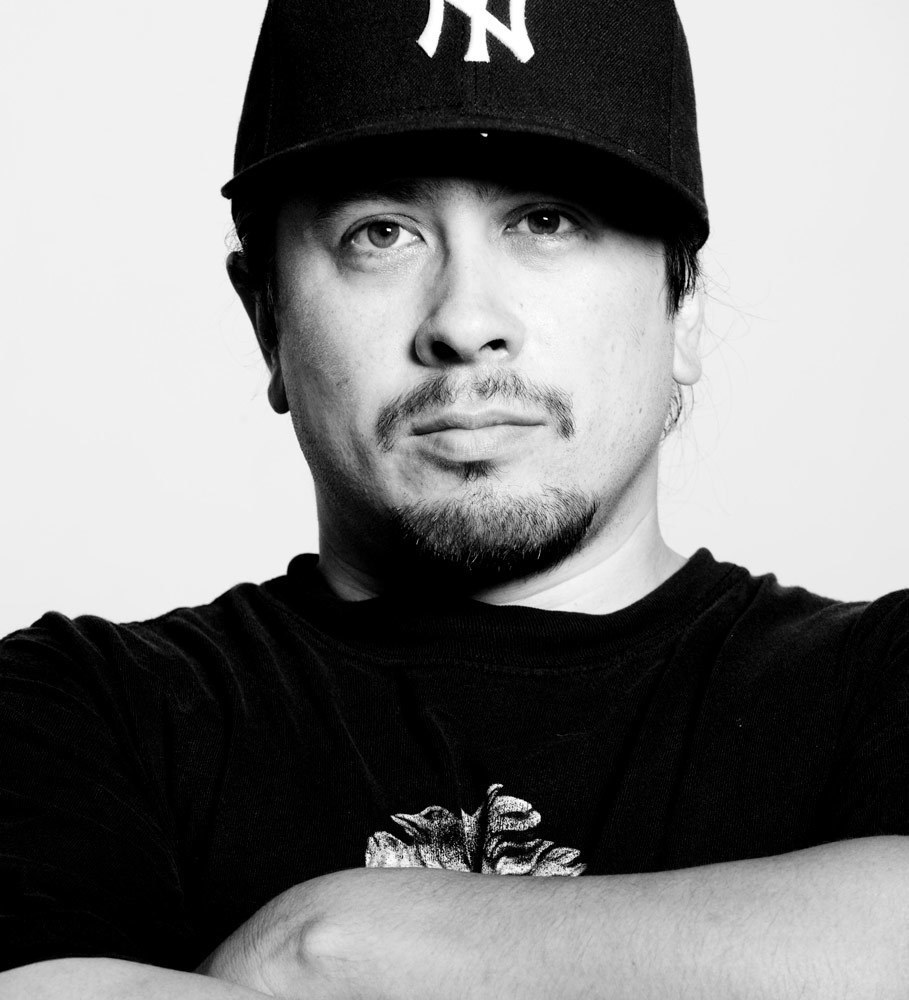
Andrew Kishino has been many things in his life and career, from hip-hop artist to Transformers video game voice actor. Now he can add something else to his impressive list: Star Wars hero.
As the voice of Saw Gerrera on The Clone Wars, Kishino brings to life one of the key figures of the current Onderon story arc, and in a sense, the larger Star Wars saga. Saw is one of the founders of the Onderon rebellion against the Separatist occupation; the Onderon rebels' tactics and formation, supported by the Jedi, will go on to lay the groundwork for the Rebel Alliance from the classic Star Wars trilogy. It's a strong link from the prequel era to the original films, and with Saw at the core, his significance is larger than it might initially seem.
StarWars.com recently caught up with Kishino to talk about the special meaning Star Wars action figures have for him, getting the part of Saw and why he originally thought it was for a show on The CW network, and how his experience as a rapper informed his portrayal of the Onderonian rebel.
StarWars.com: Even before you got involved in The Clone Wars, were you a Star Wars fan?
Andrew Kishino: Definitely, definitely. I think for anybody my age, growing up with Star Wars, it's been permanently imprinted on us as this massive, epic, mythical thing. I've always been a huge fan of Star Wars.
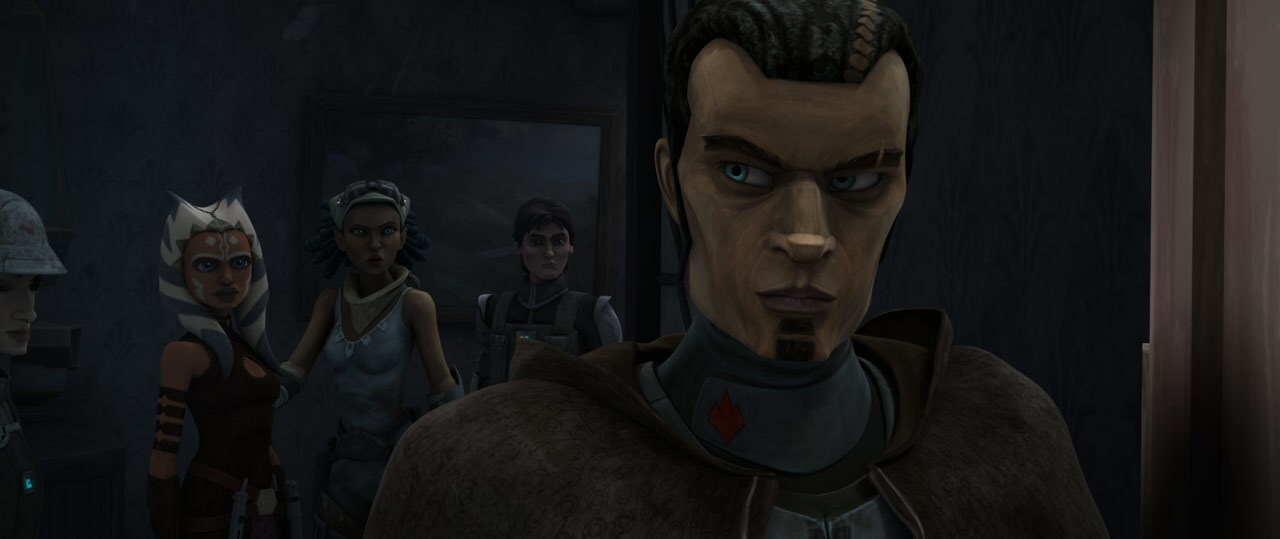
StarWars.com: And what was your first exposure to it? Do you remember seeing the movies, or did you collect the toys as a kid?
Andrew Kishino: Yeah! When I was really, really young -- and I'm going to clearly age myself -- I guess I was six or seven, I saw [A New Hope] and was completely blown away. Completely blown away. And yeah, growing up, saw all the subsequent movies.
I wasn't really so much a collector, because when I was younger, we were -- for lack of a better term -- kind of economically disadvantaged. We didn't have a lot growing up. But the stuff that I could get when I was young, I held onto it.
When I was really, really young, and we didn't really have much, my mother got some Star Wars figures from somebody who she did some additional work for, and gave them to me and my brother. And I cherished those things. So it was kind of an emotional reunion when I got to do Saw Gerrera, because to be included in the canon of Star Wars, was like bringing everything full circle.
StarWars.com: How does it feel to know your character might appear in action figure form?
Andrew Kishino: Dave Filoni, the [supervising] director -- I love that guy like a brother -- he went around the room. We all had the opportunity to record as an ensemble, which was fantastic, because you get a better energy out of it. But he was going through each of our characters, and saying, "This is Saw, and this is what Saw's about. This is the kind of guy he is and this is the arc that's going to happen, and this is the role he plays in the universe. Oh, and he's probably going to get a figure." I was like, "I'm gonna need a second." Because all I could think about was, as I said, we didn't have a lot growing up. In fact, we had very, very little. So when I knew the sacrifice that my mother made to get me that stuff, and the fact that I held onto those things until I was well into my adulthood... It was something that, quite honestly, I had to sit down when Dave was talking to other people. I was like, "I need 30 seconds to gather myself together." It was a bit of an emotional thing for me, in a good way, but it really hit me right in the center of my chest. Because as a part of our cultural landscape, the term "Star Wars figure," everybody knows what that is. And to be put in that form, it was a very powerful thing, and I was incredibly grateful. And once I got past that, of course, I freaked out. [Laughs]
StarWars.com: Well, it's going to mean to another generation what it meant to you.
Andrew Kishino: You know, I can only hope. Because the significance of that was immense.
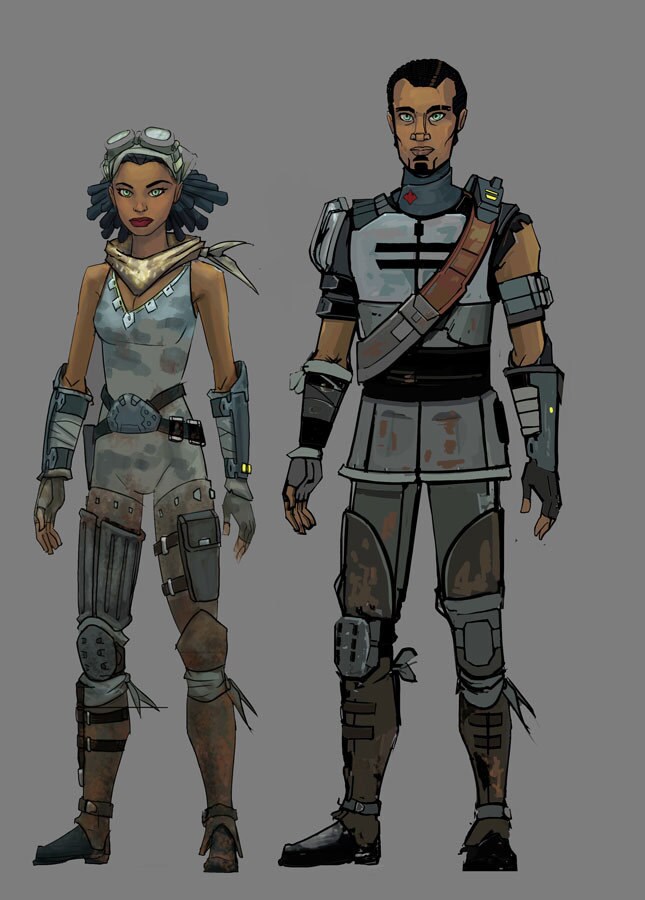
StarWars.com: When you first got involved with the show and the role of Saw, how did it work? Did they give you drawings of what he was going to look like or anything like that?
Andrew Kishino: Well, generally speaking, when the audition sides go out for a character, it's pretty stark. It doesn't really provide a lot of information or context, and the lines usually just sort of exist freely. For obvious reasons: you don't want to give away anything or have any unnecessary disclosures. So the sides go out, and the description of the character... All I remember is reading it and starting to laugh to myself, "Wow. That sounds like me in real life. I'll just do me!" [Laughs] So I did it.
It had been abbreviated on top as "CW." So there was no indication as to what it was, and contextually there was nothing to provide that information, either. I was like, "Oh, it's something for The CW, yeah, no problem." So, I show up and I'm like, "There's James Arnold Taylor, [who voices Obi-Wan Kenobi on The Clone Wars]. Oh, I know what this is for. Wow, did I misjudge what this was for." [Laughs] I wasn't really informed as to what it was until quite literally when I showed up. And as you can well imagine, being introduced and being allowed the awesome privilege to become a part of that universe, was incredible. All of a sudden I was seven years old again.
StarWars.com: And Saw has a major role, because this is kind of the start of the Rebellion. It's going to sow the seeds of what we end up seeing in the movies.
Andrew Kishino: Absolutely. Absolutely. And he has even sort of, embodied in him, that feisty spirit of the Rebellion. The take-no-garbage kind of individual. He's stoic and strong and brash. He's that guy, and it's that kind of strength tempered with Steela's calm, level-headed thinking, that is, to stand up to something that will ultimately become the Empire, absolutely critical and necessary.
StarWars.com: I wanted to delve into how you portray Saw on the show. He has a little bit of a swagger, which reminded me of Han Solo. I don't know if that was an influence on you, or it just came out naturally and that was how you interpreted the character.
Andrew Kishino: Well, like I said, when I got the sides, I was kind of laughing because he seemed a little like me. My background is actually as a hip-hop musician. I released a couple of albums -- one on A&M, one on Sony -- toured around the world, did shows with everyone from Ice T to Naughty by Nature, Chubb Rock, Leaders of the New School. Those are all my guys. So I come from a world that... That was a swagger, but of a different kind. We were all very gritty and it was real man's man type stuff. So that's something that's been imbued in me since I was six or seven years old. Concurrent with Star Wars, we were all listening to Grover Washington records, Earth Wind & Fire, and disco. So we were all digging for records at a very young age, and inherent in that was coming up as an MC. Performing with guys from Boogie Down Productions, and KRS-One and all those guys. We have that sort of MC confidence that comes with it. And Saw, when I read into him, I was like, that's who he is. He is the guy, who from that generation, isn't afraid to get his hands dirty or to back down from a fight. And even the very first thing, when he swoops down on that creature and dismounts and walks up, and his chest is out. He's like, "General Skywalker." It has that air of, "Yeah, I know who you are. But I'm not going to bow to you." That was what I wanted to make absolutely sure he had. Where he was like, "I'm that guy and you better believe it."
StarWars.com: One thing I picked up on, before it was revealed that he's Steela's brother -- the way you portrayed him is that he comes off as a big brother to Lux and to everyone else. I felt like it was almost a New York thing, because he'd be tough with everyone, but at the same time you felt like he wanted them all to succeed. He wasn't being selfish. His way of motivating people was to be tough with them, tease them if he had to, and it felt like a very big brotherly thing, and maybe a New York thing.
Andrew Kishino: Absolutely. I concur completely. He's setting the bar, in that sense. He's establishing himself as the alpha, but in doing so as a responsible alpha, he is also making sure that the pack comes with him. It's not a contentious thing. It's very much, as you said, a fraternal thing. Even when he's in Lux's face, and he's like, "No, you're not being a good soldier." It is exactly like you said. There is that East Coast thing where, taken the wrong way, it's kinda like, "You're berating me." No, that's sort of the parlance of the way we talk to each other. We don't give you the kid glove treatment. We're gonna yank you up by your collar, but we're gonna also pull you tight to our chest.
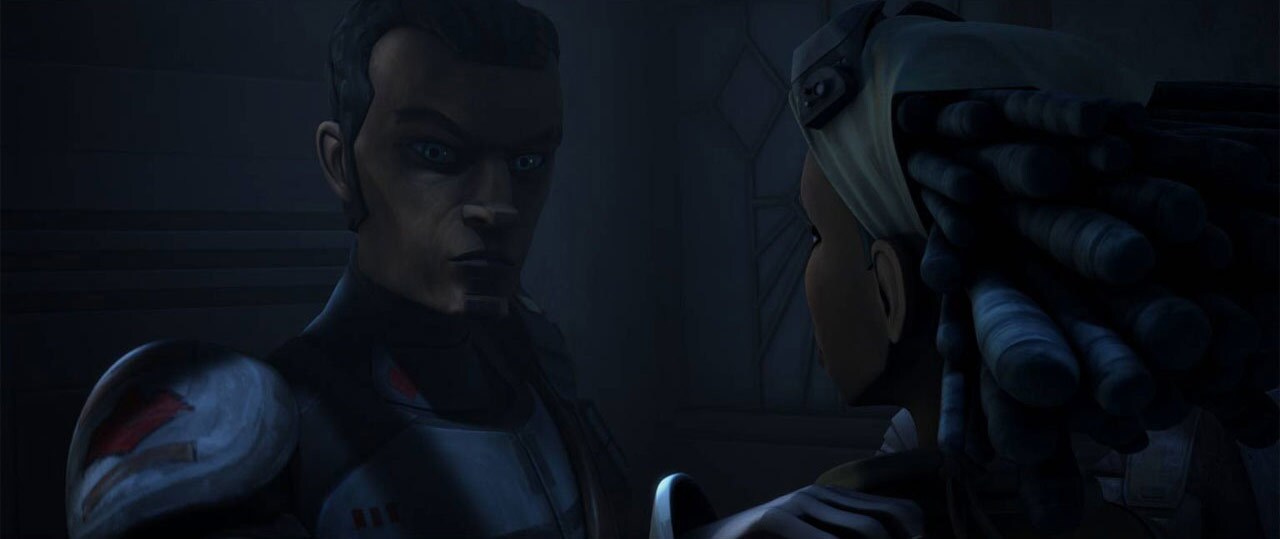
StarWars.com: You've done tons of stuff, like video games and other animated shows. Are there any challenges specific to doing a Star Wars animated show that you didn't find on your other projects?
Andrew Kishino: Well, I'll come clean with you. Walking into that session was very much like walking on hallowed ground. Maximum respect to everything I've done prior to this, but there's no debating it -- Star Wars is a cultural icon. So, stepping into the room was like, okay, this is epic stuff. For me, the initial challenge was, just calm down. [Laughs]
One of the great things about it was being in the room and having Dave as the director. Dave was somebody who I immediately gravitated towards. Absolutely, hysterically funny. Just an incredibly, subtly nuanced hand at extracting what he needs. He has exactly what you said -- that older brother vibe. He just puts everything at ease right away. The only thing that's wrong with him is that he's a Steelers fan. But being a New York Giants fan -- AFC and NFC -- I'll let it go. Eagles fan, there would be problems.
StarWars.com: Or a Cowboys fan.
Andrew Kishino: If he was a Cowboys fan, he'd never hear the end of it. [Laughs]
StarWars.com: Is it true that the final animation captured some of your facial expressions and mannerisms?
Andrew Kishino: I had this weird kind of existential experience when I saw ["A War on Two Fronts"]. I was like, "That looks like something I do!" And then I remembered, there were two episodes where they had a camera on my face. I was laughing, because I realized I must come off as confrontational a lot. [Laughs] Then I thought, "No, hold on a second. Saw is that guy and you're seeing him in a context, and that's how you were delivering these lines." But there are things about him that are so easy for me to slip into, because he has, as you said, this swagger. "I am Saw Gerrera, deal with it." That presence projects in front of him. So much of what he does is not only what he says, but the arched eye brow, or how he leans in slightly when talks to you. There is something where there is that raised level of engagement that you feel with him. It is, for lack of a better term, an East Coast thing that he brings to it.
One of my friends called me and said, "You looked so good in that show. That was amazing! They animated you to look way better than you do in real life!" [Laughs] I was like, "Thanks. Thanks a lot."
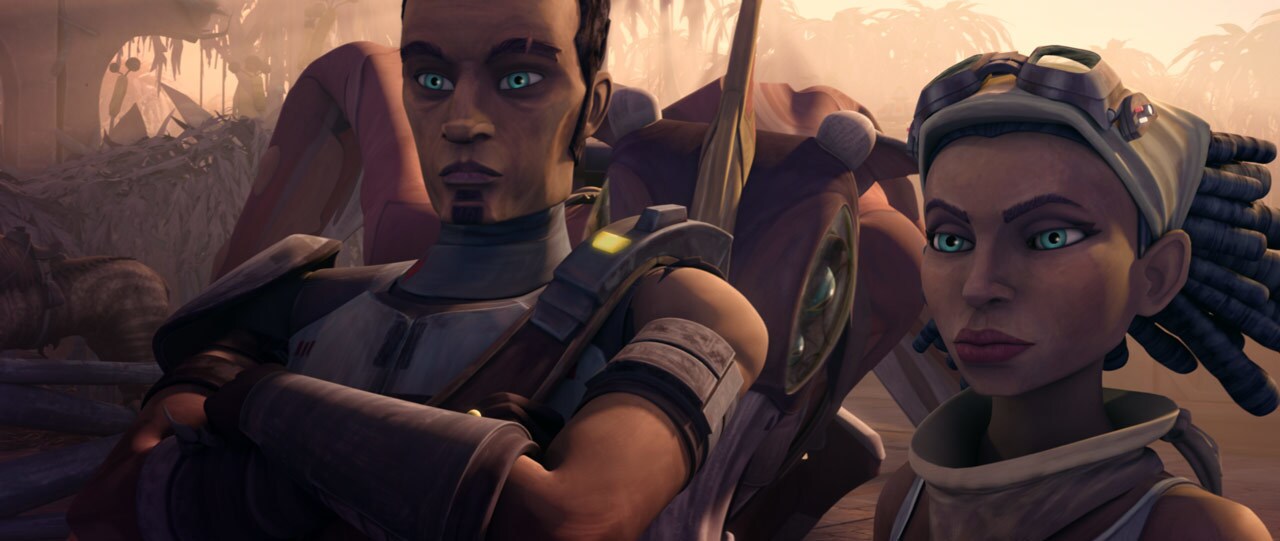
StarWars.com: When I was watching the episodes, I felt that in many ways, they were really reminiscent of the classic Star Wars films. This is one of the first times in a prequel-era story that you're seeing the good guys as the underdogs, because it is a rebellion. I was wondering if you were aware of that and you felt the connection to the classic films when you were recording.
Andrew Kishino: I hear what you're saying. It's funny; now that you bring it up, that illuminates something that I think was rolling around in my head as I was watching it. The classic films were heavy on character development and myth. There was a ton of action, but there was a lot of [character development] just for functional reasons because you were being introduced to them. And this sort of had that same feel to it, because it felt like you were at the genesis of the Rebel Alliance. This is the archetype from which these things are going to spring forth. So you're going to see very mythological conflicts and relationships that will have a lasting impact and influence on the way these things disseminate in the future. So yeah, very much so. That's a good point.
StarWars.com: Any final thoughts on what you feel about being part of Star Wars lore now?
Andrew Kishino: I am incredibly grateful, honored, inspired, and geeked -- like, off the scale -- to be included in a universe that has, for the last four decades, defined a lot of the way we interpret myth and heroism and sacrifice. To be a part of that, it's difficult to describe what an honor it is. Even for the small part that I'm insanely grateful to play. It's a real incredible honor, and that still has not worn off in any way.




